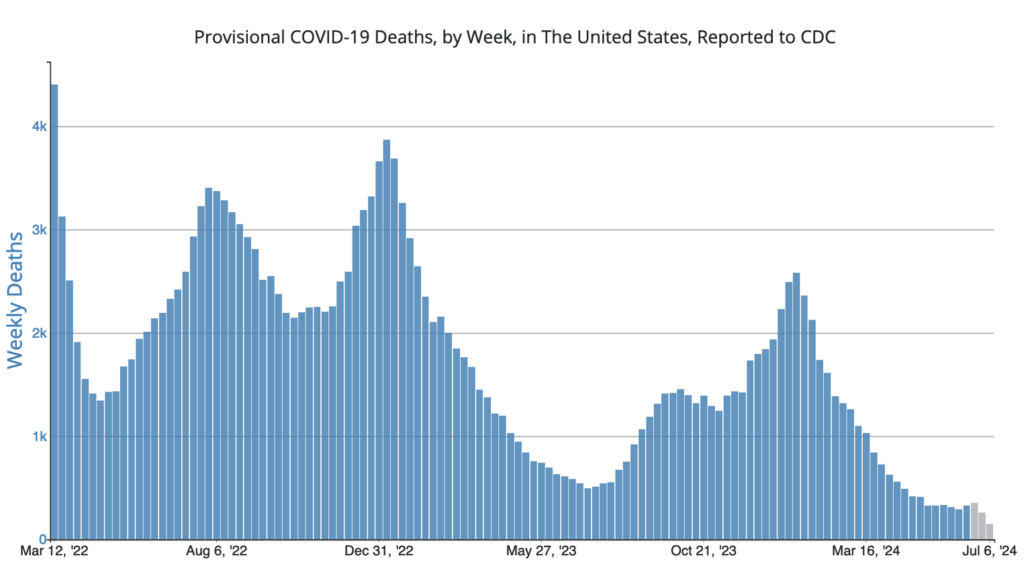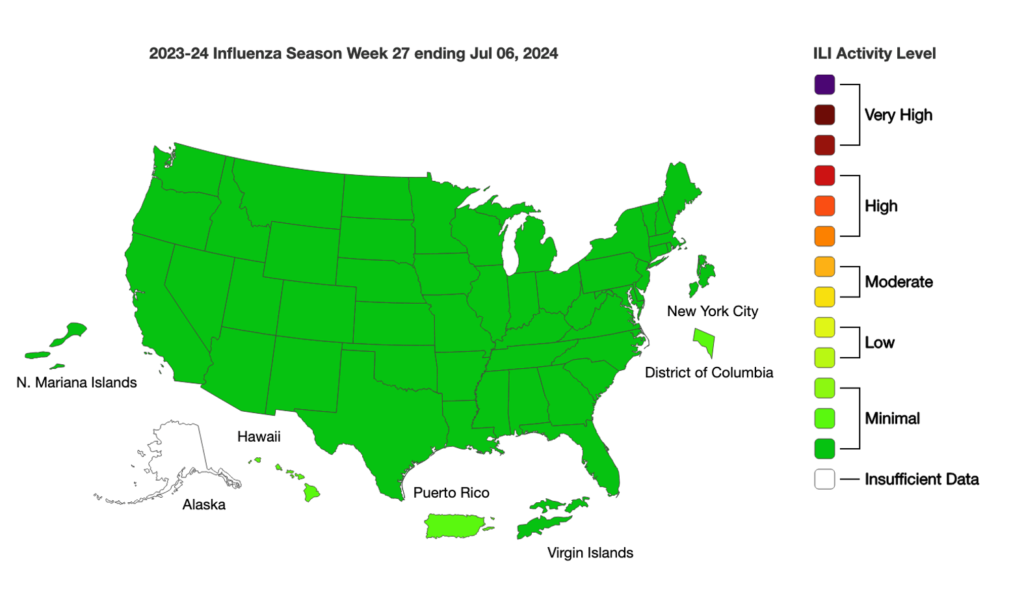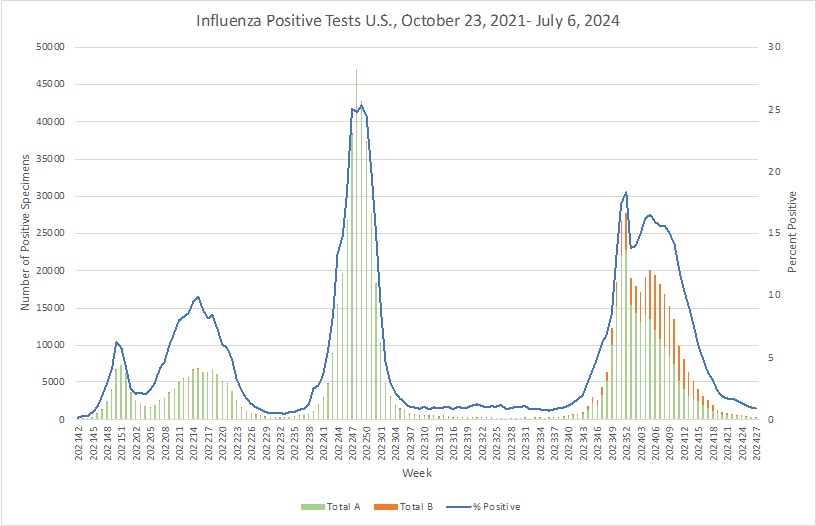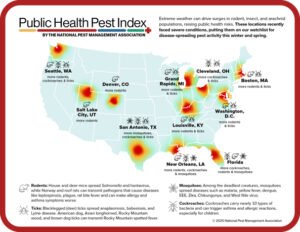The European Food Safety Authority published a scientific report with updates on the highly pathogenic avian influenza (HPAI) virus during the period of March to June of 2024. While its evaluation of the general public’s risk of infection remains low, there are several things to note from these months. 42 HPAI cases (15 domestic and 27 wild birds) were reported in 13 countries across Europe. B3.13, a new A (H5N1) genotype, appeared and infected over 130 dairy herds in the United States. A total of 14 HPAI human cases were reported globally, with no infections due to human-to-human transmission.
With 42 cases in the current reporting period, the level of HPAI in wild and domestic birds across Europe hasn’t been at a level this low since the 2019-2020 epidemiological year. Most of the current domestic cases in poultry are believed to be due to indirect contact with infected wild birds. Therefore, the decrease in detections this year may be in part to an increase in immunity in previously infected wild birds and thus less transmission of the viral load to domestic flocks. Outbreaks in poultry were located mostly in south-eastern Europe, with two clusters of cases in Bulgaria and Hungary, while wild bird infections were detected in 12 different countries in a band between north-western and south-eastern Europe.
In EFSA’s report, human HPAI cases during the current reporting period, separated by subtype, are detailed in Table 4. Out of the 14 cases, reported in Vietnam, Australia, USA, China, India, and Mexico, there were 4 deaths. In all cases with known reported exposure, onset of illness was observed after exposure to either infected poultry, dairy cows, or wild birds. No human-to-human transmitted cases have been detected in close contacts of these patients. EFSA states the risk of infection is low-to-moderate for farm workers exposed to infected animals or environments but remains low for the general public.
On July 3, 2024, the CDC reported its fourth human case of H5N1 in the United States due to exposure to infected cattle. This dairy farm worker in Colorado experienced eye symptoms but has since recovered. In agreement with EFSA, the agency still considers human health risk to be low for the general public.
EFSA suggests that countries in which the virus has impacted birds, cattle, or other animals should be cautious about potential human infection. The CDC has published recommendations for preventive and control measures against the virus that such countries would benefit from. TAG will continue to report updates on HPAI and its risk, as it continues to stay a topic of interest around the world.
COVID Risk Matrix:

Influenza:


- 176 cases of hepatitis have been reported in children aged less than 10 in Scotland, likely linked to adenovirus infection.
- A study has identified that pathogens including poliovirus, influenza A virus, influenza B virus, mpox virus, SARS-CoV-2 and measles virus, would be most relevant for monitoring via wastewater sampling during the Paris Summer 2024 Olympics. This approach could serve as a model for public health risk management at other mass gatherings.
- In the UK, 9 babies have died from whooping cough since November 2023. There has been a total of 7,599 cases since January. We are reminded that cases are cyclical, with peaks every few years.
- Colorado has reported 5 avian flu infections in people who culled sick poultry. Four of these cases have been confirmed by the CDC. None of the individuals have been hospitalized. All patients are experiencing mild illness, including conjunctivitis and common respiratory symptoms.
- Michigan has confirmed its sixth measles case since the beginning of the year. The investigation is still underway as to how the child contracted the disease – no known international travel has been linked to the case.





